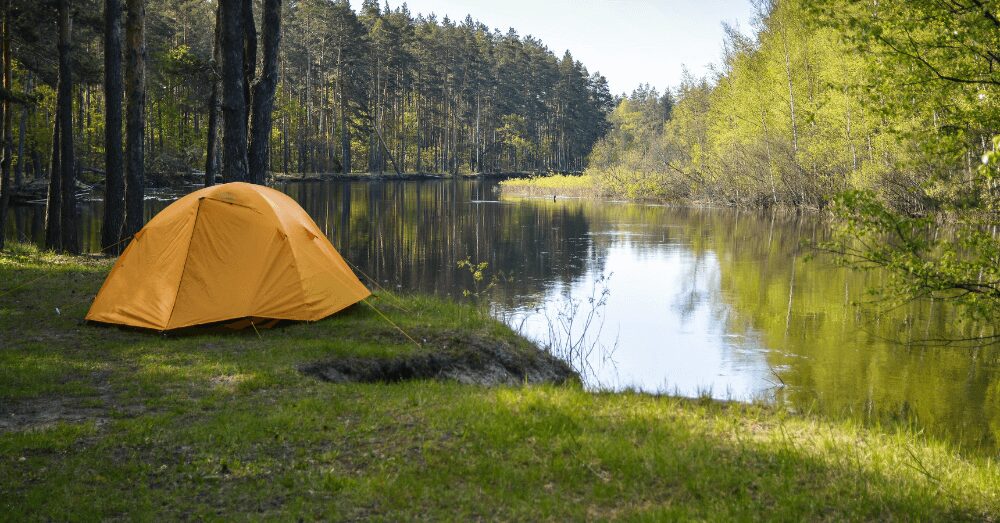Want the lowdown on low-impact camping so you can do your part to preserve the environment while enjoying the outdoors? When using Mother Nature’s backyard, respecting the environment and practicing responsible techniques are critical. If you’re not sure where to start, don’t worry. We’ll help you out.
Use Eco-Friendly Camping Gear
Yes, some tents, bottles, cooking utensils, and other camping gear are more environmentally friendly than others. Start by looking for gear made from eco-friendly materials such as bamboo or hemp, or find gear made from recycled plastic bottles or fishing nets.
If you want to take it a step further, buy from companies that use ethical practices and make sustainability a priority in their manufacturing. You can even start your eco-friendly camping trip by choosing electric cars to get you to your destination.
Buy Used Gear or Rent It
Good quality camping gear can be expensive, and if you’re choosing eco-friendly gear, it can sometimes cost even more. If you want to minimize your impact on the environment without spending a lot of money, you can find used gear. This not only keeps more money in your pocket, but it also reduces your carbon footprint.
Leave No Trace Behind
If you’ve ever spent time on a hiking trail, state or national park, or at a campsite, you’ve probably heard or seen signs for Leave No Trace Behind. This means that whatever you take in must come out with you. Don’t leave anything at your campsite that wasn’t there when you arrived. This food, bottles, paper, and even hygiene products.
Leaving no trace behind is much easier if you pack sustainable food options in reusable containers. You can even find biodegradable trash bags to bring with you.

Minimize Your Water and Energy Use
One of the ways you can make your camping trip more eco-friendly is by minimizing the amount of water you use and reducing your energy consumption. When it comes to water, take short showers or collect rainwater. Bring a water filter with you and grab water from natural resources instead of using bottled water.
There are tons of energy-efficient camping items you can bring on your trip to use less energy. LED lanterns, rechargeable batteries, and even solar-powered items will all make a difference.
Think About Where You Build Your Fires
Most campgrounds have designated fire pits. Always use these pits, and keeping your fires small will be better for the environment. Campfires can impact the environment by destroying vegetation, compacting the soil, and in a worst-case scenario, cause a wildfire.
When you build your fire, use wood that is already dead, so you’re not taking live trees out of the environment, and always make sure you fully distinguish the fire when you’re done.
Camp Close to Home
While you are already taking the right steps to eco-friendly camping, if you choose electric cars for driving to your camping spot, you can reduce your carbon footprint even more by camping close to home.

